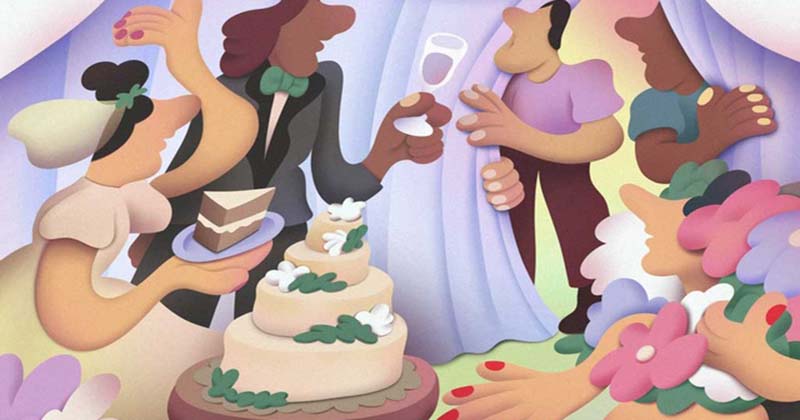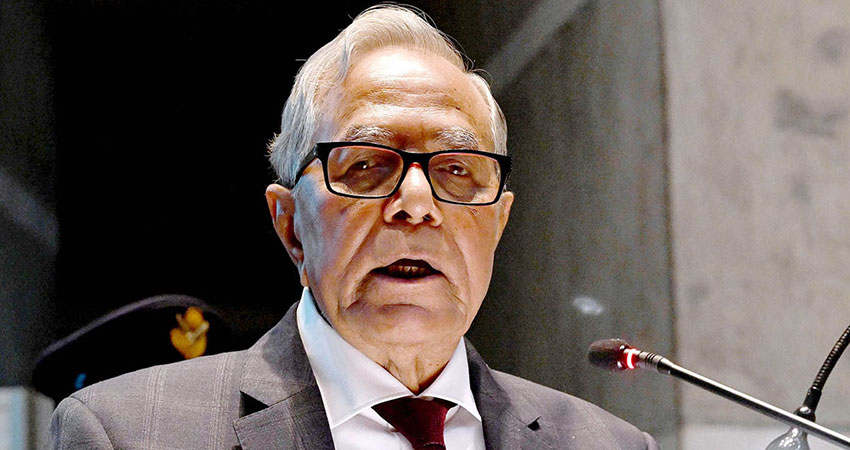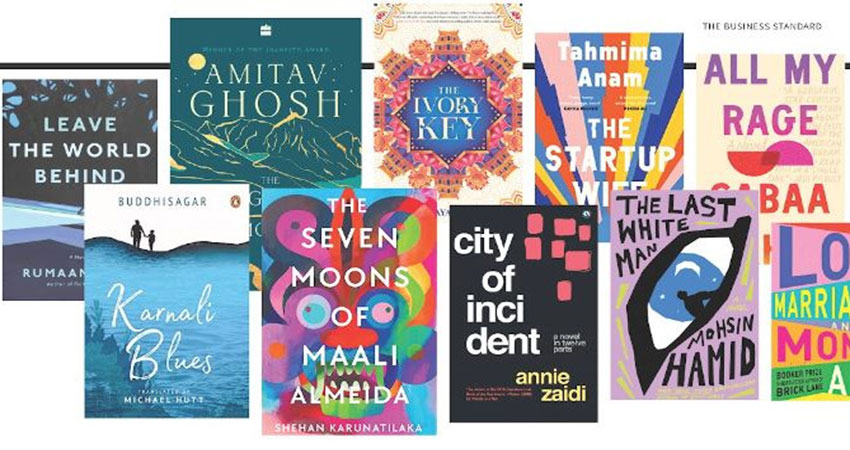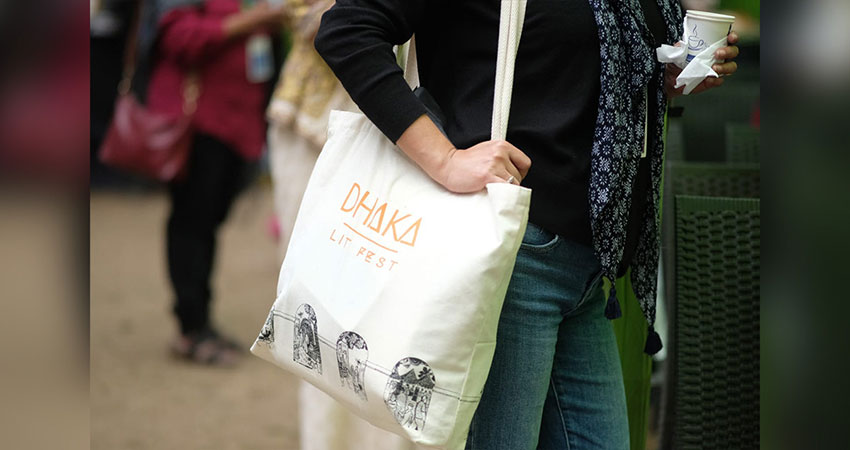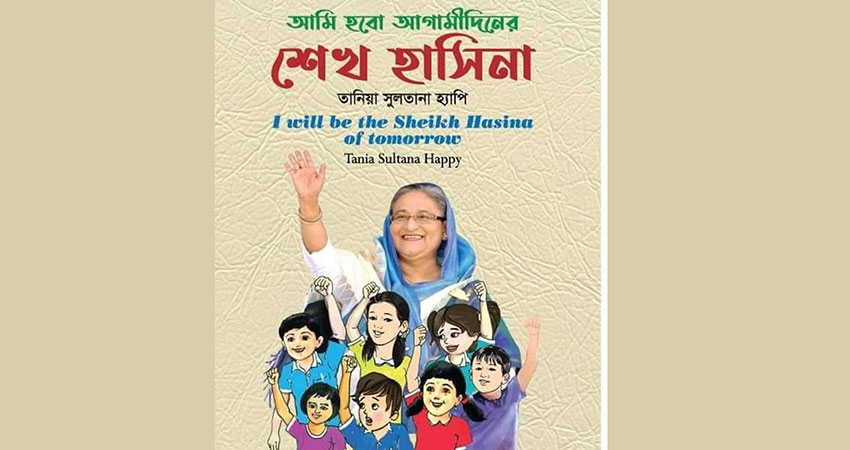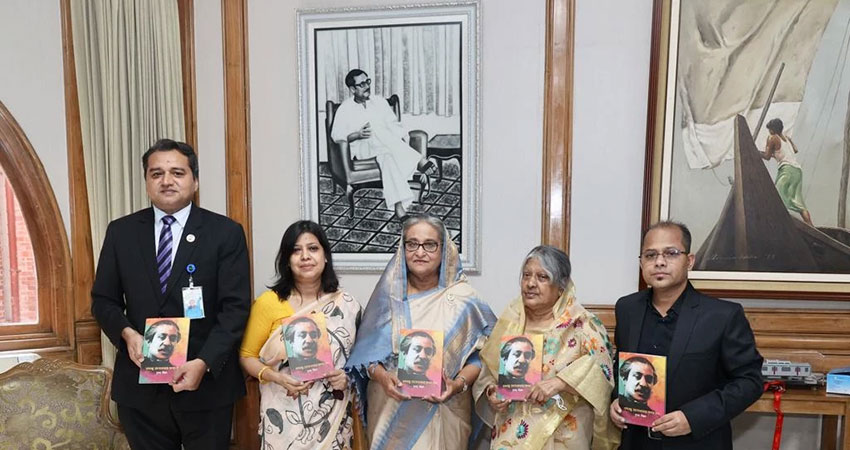For their Jan 3 wedding, Dazzle Deal and Levi Dunn at first planned to purchase the package with the lowest minimum guest count offered by their venue, Sunset Castle, in Henderson, Nevada.
The ongoing pandemic aside, the couple anticipated a low turnout because their families are known to be “flaky,” said Dazzle Dunn-Deal, 42, who works in customer service. (She and her 30-year-old husband, a tour guide, took a combined surname once married.) With the money they would save on a smaller event, the two, who live in Las Vegas, intended to visit Egypt for their honeymoon.
After invitations went out, though, more relatives than they had expected told the couple they planned to attend; some said they had booked flights. The Dunn-Deals soon decided to scrap their travel plans and forgo hiring a photographer and instead put that money toward a bigger event.
But as the date neared, guests began to drop out. Bad weather kept some away, others could not attend for various reasons. Dunn-Deal’s brother, an engineer at a casino in Laughlin, Nevada, had his time-off request denied because of a labour shortage, she said.
When they realized they had a serious guest deficit, the couple, worried about being charged for no-shows, asked their venue if there was any wiggle room on head count. “But once you’ve signed the contract, that’s that,” Dunn-Deal said of the answer they received.
So she shared an open invitation to the event in a Facebook group for Las Vegas weddings. Eight strangers ended up attending.
“I made new friends,” Dunn-Deal said, some of whom she invited to her husband’s birthday barbecue the following week.
People generally prefer that strangers steer clear of their nuptials — nobody wants to pay for an interloper’s Champagne or have them proposition a bridesmaid. A confluence of factors is changing that.
While wedding guest lists by nature are fluid, the pandemic continues to make it harder to gauge attendance. COVID is not the only reason head counts are more unpredictable: in a year when a record 2.5 million nuptials are expected to take place nationwide, some guests may simply find themselves overbooked. Weekday weddings, which can be difficult to juggle with work or school, have also been on the rise.
At the same time vendors, many of which suffered big financial losses over the past two years, have made their guest count requirements clearer and stricter, said Leah Weinberg, a lawyer and the owner of Colour Pop Events in New York.
“Pretty much every wedding vendor overhauled their contract after COVID hit,” said Weinberg, who noted that guest counts are generally agreed to when a vendor is booked, though payments are made closer to an event. “They will say you can add to the guest count, but not subtract from it.”
To avoid the awkwardness of empty tables, or to prevent hundreds, sometimes thousands, of dollars from going to waste when attendees drop out, more couples are now filling seats with people they know loosely, or not at all — welcome wedding crashers, if you will.
On Aug 18, a Thursday, Heather Ecker, 39, a homemaker, and Jesse Cram, 33, a biochemist, plan to wed at Rosecliff, a Gilded Age mansion overlooking the Atlantic Ocean in Newport, Rhode Island. Wanting an intimate event, the couple, who live in Barrington, Rhode Island, have a guest list of around 70 people — but Ecker is worried it will be even smaller.
“I just sent my save the dates but I’ve already had a lot of verbal nopes,” she said. “I don’t want to see empty seats, and obviously I already signed the contract for the food” and beverages, she added, which will cost around $200 per person.
Their backup plan for filling seats? A roster of strangers who live in Rhode Island and are interested in attending, whom Ecker found by posting to a thread in a private Facebook group.
“I don’t mind,” she said. “I could make some friends that way. I love meeting people. And I grew up watching ‘Wedding Crashers.’ ”
Last October, Jessica and Anthony Fanara, both 27, attended a stranger’s wedding not far from their home in Holtsville, New York. Jessica Fanara, a stay-at-home parent, first learned about the event, which was held at the Three Village Inn in Stony Brook, New York, from an open invitation shared in a Facebook group for Long Island weddings.
“People are like, how do you know the bride?” Jessica Fanara said. “I’m like, um, Facebook.”
She and Anthony Fanara, who works for FedEx, enjoyed meeting the people with whom they were seated, she added, and invited two of them to fill seats at their nuptials in January.
That same month, just weeks before Carla Marie Stehman and Mehul Doshi’s three-day wedding celebration from Feb 10-12 in Chicago, the city started requiring proof of vaccination at restaurants and other indoor spaces. Among them was their reception venue, the Radisson Blu Aqua Hotel.
“We lost about 25 people just because of Chicago’s vaccination requirement,” said Stehman, 40, who is a professional wedding officiant. All told, 45 of their expected 340 guests dropped out in the weeks ahead of their reception, for which they had agreed to a minimum guest count of 330 at a cost of around $250 per person.
They had already postponed their nuptials, which combined elements of her American and his Indian cultures, twice because of the pandemic. And their wintertime date meant that the couple, who live in Chicago, couldn’t easily move the reception outdoors.
“I said, ‘I don’t want this to go to waste; I bet there are a ton of people who would love to experience a fusion wedding,’ ” Stehman said.
In addition to inviting friends who weren’t on their original guest list, Stehman and Doshi, a 42-year-old architect, posted an invitation to a private Facebook group. Dozens of strangers offered to attend and roughly 30 eventually did, filling more than two tables at the reception.
“With the cost per plate,” for those seats to go empty “was just not acceptable,” she said. “They didn’t know me, but they showed up and participated and got to know our friends and family and danced the night away with us,” she added of their last-minute guests.
Since then, she has had brunch with some of the strangers who attended their wedding. One has even hired Stehman, a Universal Life Church minister, to officiate at their ceremony.
“And I’ve been invited to two of their weddings,” Stehman said. “One of them is currently at capacity but she’s like, ‘If anyone declines, will you come?’ ”
Source: The New York Times Company
Wedding crashers? Lately, more like welcome guests
